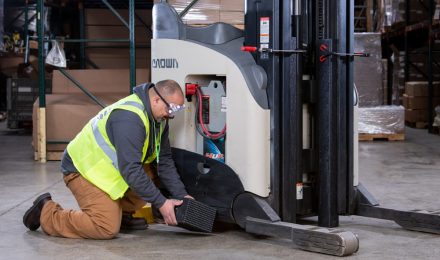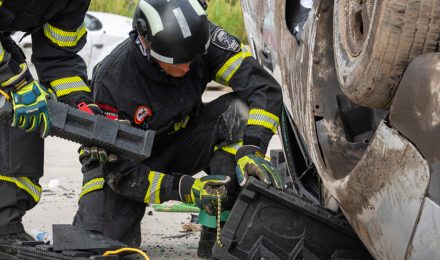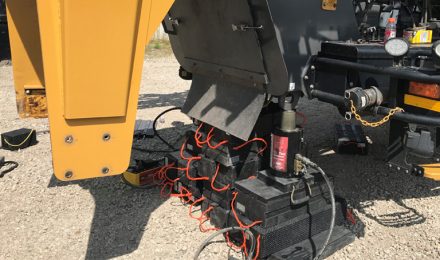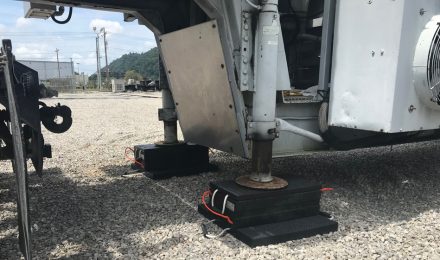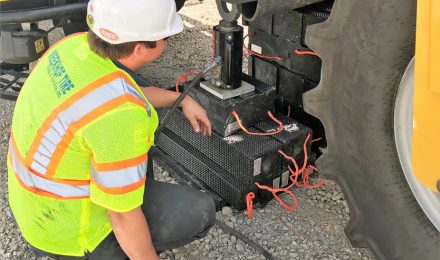In industrial environments, accidental spills and exposure to chemicals are ongoing challenges. Maintenance areas, repair stations, shipping and receiving departments, and assembly lines can all encounter leaks or spills from equipment and machinery. When these incidents occur, contaminated surfaces and tools can pose risks to both worker safety and operational efficiency.
Chemical Exposure in Industrial Settings
Chemical spills are a reality in many industrial workplaces. Once an area or tool is contaminated, cleaning and decontaminating can be difficult and costly. In some cases, hazardous substances such as gasoline, oils, or other fuels and chemicals can seep into materials, making them unsafe for continued use. Over time, this contamination can lead to workplace hazards and complicate compliance with safety regulations.
The Limitations of Wood Cribbing
Traditionally, many industrial maintenance departments have relied on wooden cribbing blocks to support equipment during servicing. However, wood is porous and can absorb oils, fuels, and other biohazards, eventually becoming hazardous waste itself. Once contaminated, wooden cribbing can degrade, splinter, or break, increasing the risk of injury or exposure to harmful substances.
A Recyclable, Chemical-Resistant Solution
Nearly 20 years ago, Turtle Plastics introduced the Dura Crib® brand of blocks, chocks, and pads as an alternative to wood for certain cribbing and blocking applications. Each block is clearly labeled with its load rating for easy identification and safe use.
Dura Crib® products are made from 100% recycled high-density polyethylene (HDPE). Unlike wood, our plastic cribbing blocks do not absorb most common industrial chemicals or biohazards. They are designed to be decontaminated with approved cleaning agents, including those listed on EPA List N, without compromising their structural integrity. This washability ensures a cleaner, safer workplace and allows for repeated use over many years.
Additional Benefits of Turtle Plastics Cribbing Blocks
- Washable and Decontaminable: Our blocks can be cleaned and decontaminated as needed, helping maintain a hygienic work environment.
- Consistent Performance: Engineered for uniform strength and predictability, our blocks do not splinter, corrode, or emit odors.
- Safety-Focused Design: The interlocking design of our cribbing blocks, chocks, and pads helps create stable cribbing stacks, supporting safer equipment repairs.
- Sustainable Practices: Made from 100% recycled HDPE, our blocks are part of a closed-loop system with an end-of-life buyback program.
If you are looking for cribbing blocks that resist most common industrial chemicals and biohazards, Turtle Plastics provides a reliable, sustainable solution. To learn more about our chemical-resistant cribbing blocks, call (800) 756-6635 or contact us.


